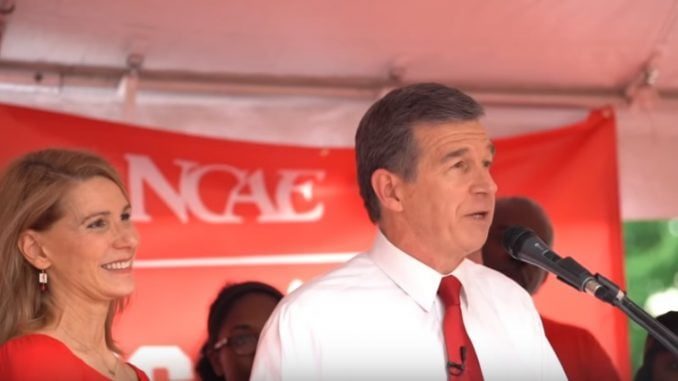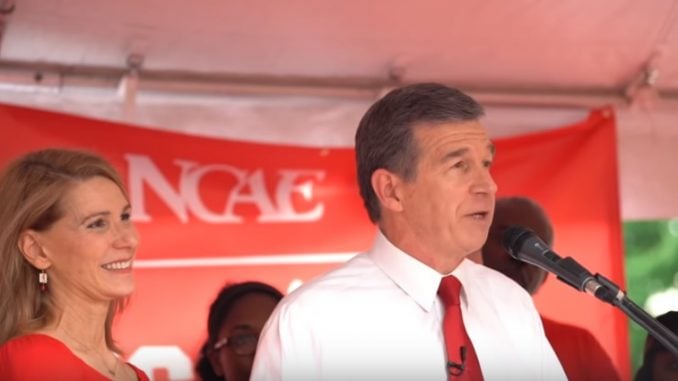

RALEIGH — The N.C. Association of Educators said it has been surveying its members to gauge support for a variety of actions, including, a possible strike. But state law prohibits such an action and opens the door for a lot of questions.
State law prohibits collective bargaining and strikes by public employees, including public school teachers. In the case of a strike, participants could subject to criminal charges under a state statute.
The state defines the term “strike” as “cessation or deliberate slowing down of work by a combination of persons as a means of enforcing compliance with a demand upon the employer.”
North Carolina is an employment-at-will state, meaning that an employer or an employee have the ability to terminate the employment relationship at any time and for any reason with a few exceptions such as military assignment, jury duty or similar.
It also means that public employees cannot be forced to join a labor union or pay dues to a union as a condition of employment. This policy is similar to the 2018 opinion by the U.S. Supreme Court in Janus v. American Federation of State, County, and Municipal Employees, which said that an employee “forced to pay a fee to union despite philosophical disagreements suffered a constitutionally cognizable injury.”
North Carolina law does not distinguish between employee and employer when it comes to penalties for a strike. The law states that “Any violation of the provisions of this Article is hereby declared to be a Class 1 misdemeanor.”
In 2018 and 2019, the National Education Association orchestrated walk-outs in multiple states around the country. During both of those years, a strategy was employed of using sick day requests to overwhelm districts in an effort to get around strike laws and for the most part, it worked.
North Carolina was no different with the NCAE, an affiliate of the NEA, coordinating walk-ous across the state both years. Instead of rejecting the sick requests, North Carolina school boards shut down entire districts, putting around one million students out of class and their parents scrambling for care options.
This year is different. The NCAE has put out a survey asking teachers if they would be willing to miss up to 10 days of work to strike for a 5% pay raise and progressive political agenda items such as a $15 minimum wage and Medicaid expansion.
On Jan. 23, the NCAE issued a statement indicating that their board would “not authorize any statewide action,” at this time and were waiting for the results of a statewide survey sent to members. “The disrespect shown to North Carolina educators over the past year has been unparalleled in scope, and it is clear that what educators have done to this point is insufficient to make our needs heard by leaders at the General Assembly,” said NCAE President Mark Jewell.
There are over 94,000 teachers in North Carolina. In 2018, the date of the national association’s most recent fiscal report, the NCAE is listed as having 28,725 members.
According to the State Auditor’s office, 5,391 employees in N.C. had payroll deduction for NCAE dues in 2018.



